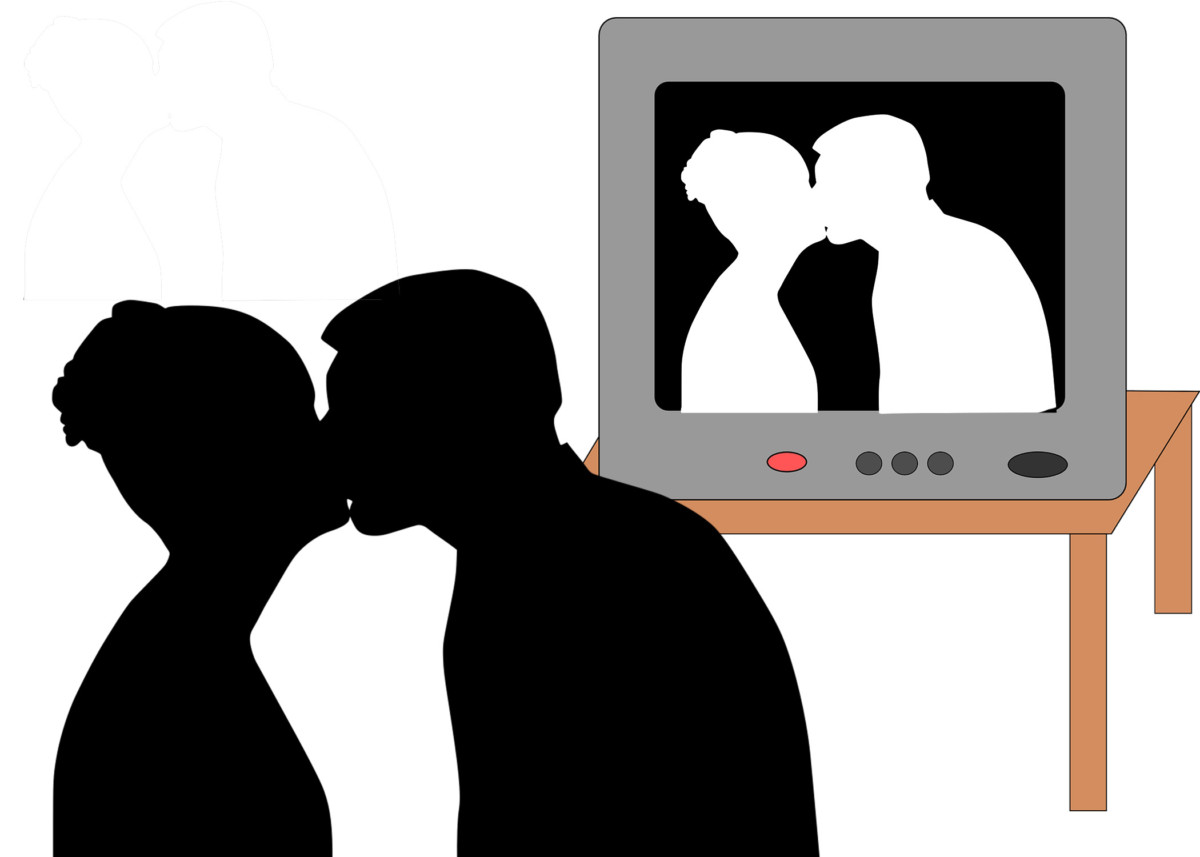
For years, movies have told us what an ideal relationship looks like. These relationships appear desirable but this isn’t always the case.
The question is: Are films negatively impacting the way we date and seek out partners?
Andre Loiselle, the Dean of Humanities and one of St. Thomas University’s film studies professors, said men in romantic films often fit into what some would describe as toxic masculinity. He’s tough, emotionless and doesn’t want others to oppose him.
Films often show heterosexual white men as dominant and controlling and women as submissive and emotional who are supposed to “fix” the man, Loiselle said.
Stewart Donovan, an Irish studies professor who also teaches film classes at STU, said if you’re a vulnerable person, you could be manipulated.
“You could be subjected to that twist in your views of the world,” said Donovan.
Women are at greater risk of getting hurt if they follow the ideals of a romantic comedy relationship, he said.
A good example of a highly romanitzed, toxic relationship is Noah and Allie from The Notebook. Noah doesn’t take Allie’s “No’s” for an answer and threatens to kill himself if she doesn’t agree to go out with him. What’s made to appear as a grand romantic gesture is actually coercion, harassment and emotional abuse.
Fifty Shades of Grey plays into the toxic idea of women being able to fix men. Throughout the series, Christian’s mom, friends and even Ana say Christian is “changing” because of her. The idea is toxic because someone shouldn’t go into the relationship aiming to “fix” or “change” the other.
Donovan said society goes through a phase called the “cinema age.” Films have a big impact on the way we perceive the world until age 17, when the individual no longer sees cinema as believable or a way to help them form identity.
But Loiselle said the idea of a romantic heroes dates back 2500 years ago to the Greek comedies.
“There was the idea of the perfect, young man as a suitor the young woman would be attracted to based on a certain ideal of masculinity at the time,” Loiselle said.
He said the role of comedy showed how the younger, more progressive generation could oppose the older generation who were stuck in their traditional ways. Young men with a strong display of masculine leadership would need to overthrow tradition for future generations in order to move in other direction.
Now, a physically strong man who won’t allow others to oppose him would be seen as stereotypical toxic masculinity, Loiselle said.
He said the concept of this type of masculinity being toxic is relatively recent.
“The hero himself may or may not have changed in most romantic comedies, but the perspective of the audience has changed,” he said.
“Now, this type of man is no longer what is deemed to be ideal for society to follow.”
But Loiselle said these stereotypical romantic comedy relationships will be overdone by Hollywood and that audiences will become more critical of what they see.
While Hollywood is trying to remodel the romantic comedy by including more LGBTQ+ and interracial love stories, Loiselle said movie trends cycle back and forth. With the recent popularity of superhero movies, he said it seems the masculine man is making a comeback.
Meah Peers, a fourth-year STU student and film columnist, said romantic comedies encourage toxic behaviour in real life. She said people aspire for a “movie love story,” which includes normalizing this kind of behaviour.
“Romantic comedies are always full of fighting, cheating or deception, and are still romanticized as a perfect couple in the end.”
